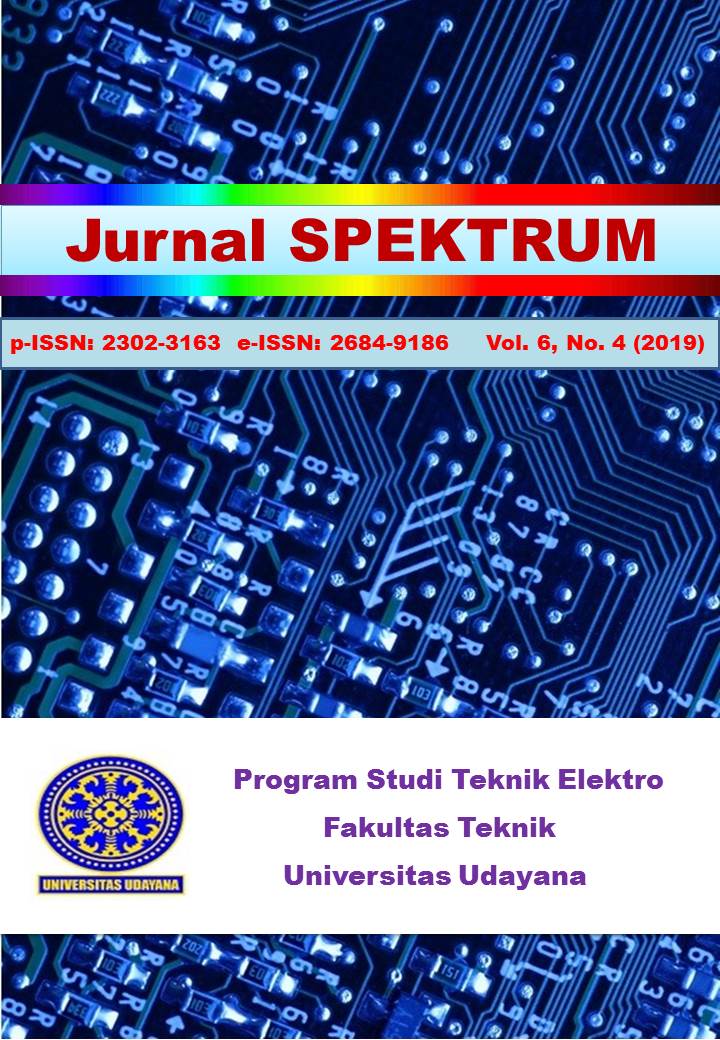PENGARUH POTENSIAL HIDROGEN (pH) TANAH TERHADAP TAHANAN JENIS TANAH UNTUK MENDAPATKAN BENTUK SISTEM PEMBUMIAN
Abstract
Grounding is a basic measure to guarantee the security, reliability of the operation of the system and ensure the safety of humans and living things when there is a ground disturbance in the electric power system. In research on the earthing system, what must be considered is the nature of the soil as the place where the grounding system will be installed. The difference in soil type and acidity will affect the safety quality of the grounding system. This study discusses the acidity of the soil to get an appropriate earthing system on different soil textures. The research method used is direct measurement of acidity and resistivity of different soil textures. As well as analyzing by calculating the optimization of 4 types of earthing system namely Rod, Multiple Rod, Plate, Mesh and Grid-Rod technically. The results of the analysis found that each soil has a different level of acidity. The stronger the soil acidity, the smaller the type of resistance produced. A good acidity level is used for the grounding system (pH <7). Unequal acidity causes different types of soil resistivity, so the shape of the grounding system will vary according to the texture and type of soil.
Downloads

This work is licensed under a Creative Commons Attribution 4.0 International License.



